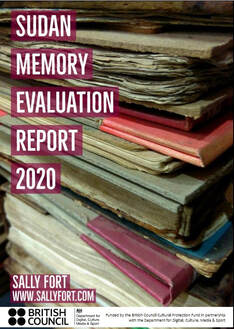 Often a last step of evaluation is to submit a final report giving an overview and summary of how and to what extent a project achieved its aims, and what it learned that can help for the future. Sadly, all too frequently these are simply sent to the relevant funder and never looked at again. What a waste. And it's not what the funders want either. Having invested so much time and money, they want you to help the sector and your community do better, and to use your evaluation to help do so. As an evaluator I don't often get feedback about my client's work from funders, but when I do, it has always been specifically because it's been clear not just about proving what went well, but about learning and improving things for the future. They WANT to see the lessons learned. I was delighted to see recently that the British Council have published an independent report exploring the evaluation of their Cultural Protection programme. The review looked at 49 evaluation reports, scoring each out of ten on quality, gaining points for inclusion of, for example: clear project description; robust methods; and, analytical conclusions. The mean average quality score was 6.5. Three reports scored 10, and five scored three or less. I am incredibly honoured to see the one case study they selected from those three was my final evaluation of the Sudan Memory project. The report says, "Sudan Memory: conserving and promoting Sudanese cultural and documentary heritage. This report was well written and clearly structured, outcomes and impact focussed, and contained clear objectives and methodology. What set this report apart from some of the others was its level of insight into each of the three outcomes, and its ability to provide clear examples of each, inclusive of its success factors, limitations and learning for the future." A final report is a huge undertaking. The clearer and more useful it is, the more time it takes. Please don't leave it on the (virtual) shelves of funders. Take the time and energy everyone put into it and use that to help your resources and those across the sector go further, by putting into practice what you learned. To see this report, and further proof that funders do want to see lessons learned not just great successes, have a browse through this example reports page.
0 Comments
Nothing makes me happier as an evaluator than clients who use and share the evaluation to improve their work and the work of others. It's the direct opposite of sending your report off to trustees or funders and forgetting about it. So I was delighted to find out Leeds Dance Partnership (LDP) had done exactly that. I recently completed their impact and process evaluation for the first four official years of the partnership - a three quarters of a million pound initiative supported by Arts Council England's (ACE) Ambition for Excellence scheme.
It was a very complicated partnership, programme and evaluation. Partners had to be honest, not only identifying successes, but also looking at where not everything had gone to plan. We included it all. Participants, the local and national dance sector, the Leeds cultural decision makers, and regional freelance artists all inputted to ensure a really balanced and practical set of perspectives. There was a lot to say about the achievements, pitfalls and learning along the way. And at the same time we wanted the report to be accessible, easy to find what different people needed. As soon as the report was completed, LDP sent it off to ACE ahead of a follow-up meeting. I rarely expect funders to read evaluation reports, knowing how stretched everyone's workload is. So I was delighted to hear ACE had not only read the report but also fed back their appreciation that "the report was more thorough than we expected - very good, and we welcomed the SWOT which explored the flaws as well as stating the positives." Those investing in your work really do want to see the learning process not just the good news stories (of course they want to see those too!). I thought that was the end of the story, but no. I was even more pleased when I received a message out of the blue via LinkedIn from an Organisational Development Consultant now working with Leeds Dance Partnership who said the report had been shared with her and, "I found this such a helpful and insightful piece of work that I wanted to write to say thank you as it has enabled me to engage with LDP faster and in a more informed way than would otherwise have been the case." LDP has also made the summary and full reports available for anyone via their website here or you can read it on screen / download directly from my own collection here. A variety of other examples of my evaluation reports are also available on the Example Reports page. So - these are just a couple of examples of what the point of evaluation is. It's a way to reflect, learn and evolve. It's a way to pass the memory of what happened, what worked and what didn't on from one set of people to another, to save time, stop reinventing wheels, and make the most of the resources you have. There are other reasons to do evaluation, do it well, and put it to good use. But making it publicly available and actively sharing it are a couple that really make me feel the work has been worthwhile.
One of the most common questions I'm asked is: can you help us with our evaluation?
My response to that is always: very probably, what do you want and what are the parameters you're thinking of regarding timeframes and budget? And what is it exactly that you want or need? Often, people don't exactly know. They know evaluation is a good thing, or at the very least that they should be doing / getting some. But sometimes that's all they know. So here are some things to consider when you want to commission some evaluation (or put it out for tender).
Firstly - if the evaluation is because an external funder expects / requires it, please do be prepared to let an evaluator see your application. They will treat it confidentially, but it is a very quick way for them to give you guidance on exactly what will work best for you. A good specialist won't be pushing a big sale, but they can help you decide which options are going to be best. Secondly - no matter how much you decide to outsource or not, an evaluator cannot do everything for you. You need a good, consistent, honest working relationship to get the best results possible. The more you put in and own it, the better the relationship and the results will be. Ideally it works as a partnership. All of this shows how I try and work with organisations wanting evaluation. This is what you can expect from me. You can also just say: "We have £x. We'd like X. Could you do that for us?"
In summer I researched and wrote a new resource for history and heritage educators on behalf of Curious Minds. Drawing together examples from across the North West, covering an array of indoor and outdoor museum and heritage locations, it explores how schools and heritage organisations have worked together to help young people learn about their local history in cross-curricular ways. It's particularly relevant to the Key Stage 2 curricula but extends to KS1 and KS3 too. Browse or download above, or from my resources page.
Each case study includes - Description of a topic or activity - Objectives and outcomes of the activity - Practical activity suggestions to include in topics / lesson plans - Top tips for planning and practicalities - Links to further resources Includes five example case studies of projects by schools and museum or heritage sites working together cover these overarching themes: - Investigating a heritage site (through the ages and a timeline) - Investigating a local street (in this instance Victorian but transferable to other periods) - Investigating a historical period (Stone, Bronze and Iron ages) - Creative engagement with maths (using the art / design of Blackpool Illuminations to cover the full KS1 & 2 maths curriculum) - Exploring the local town (in this instance a coastal town with a migratory mining history) Current History links - the lives of significant individuals in the past who have contributed to national and international achievements - significant historical events, people and places in their own locality - changes in Britain from the Stone Age to the Iron Age - a study of an aspect or theme in British history that extends pupils’ chronological knowledge beyond 1066 - ideas, political power, industry and empire: Britain, 1745-1901 With a foreward from Prof. Kerri Facer - education innovator and advocate for place-based curricula. A few years back, I worked on a three year contract supporting organisational change in a group of universities who were starting to come to terms with a then brand new agenda, where academics and researchers needed to become more outwards facing, connecting with the public on their doorstep and at large. Part of my role was to mentor internal directors and project managers, and the departments they worked with, in looking for the impact of their activities. Like many major programmes, the initiative had a quite intense, technical, formal, robust evaluation system underpinning it. Like many organisations, this was not the fun part of anyone's work, and on top of everything else going on, was not generally what most people were interested in prioritising. In my mentoring role, I wanted to increase people's confidence about being able to carry out evaluation that was realistic and meaningful, and reduce their fear of becoming overwhelmed. At the same time, some of the community groups involved had been saying their previous experiences of evaluation in university programmes had, at times, been overwhelming, invasive, and one-sided.
As a result, I created a simple, practical, set of suggestions to make evaluation do-able, useful, positive and meaningful. It simply offered these ten top tips, and five years later with the huge amount of learning I've developed about evaluation, they still absolutely stand the test of time...
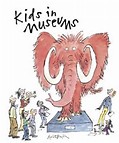 I'm delighted to be chairing Kids in Museums new workshop 'Welcoming Families with Autism' at the Science Museum on February 9th. It's a day packed with experts from museums and arts organisations who can share their experiences of welcoming families with children or young people on the autism spectrum. You can book for the event here or keep an eye on future workshops here It's a subject I've been interested in for many years and have blogged about previously, though my interest has ramped up several gears over the past 12 months thanks to my involvement with two local autism charities, and my work with Lancashire Museums who commissioned me to research the subject of museums and autism from the perspectives of museums and autistic visitors. You can read more about that on my separate, ongoing blog http://www.museumsandautism.tumblr.com/ which combines museum practice, feedback from families and visitors on the autistic spectrum, and expert reports and presentations on the subject. 23/10/2015 Free Downloadable resource - Children & Young People's Arts Participation in Practice: For Rural and Other AreasRead Now
Last winter I was asked to create a series of case studies and good practice guidance for arts related work with children and young people in rural areas. This was part of a bigger piece of work for Arts Connect as they began their journey to support the creation of a consortium for arts and cultural organisations across Shropshire.
Shropshire Arts Consortium was formally launched this week with much ground covered already in the past few months and a lively energy to carry on building opportunities for children and young people in the area moving forward. A website for their work is on its way and in the meantime you can follow them on the #ShropConsortium hashtag. Many people were interested in the case studies and research I carried out, and Arts Connect have kindly agreed to share it as widely as possible. The resource created from this research contains
Feel free to read or download the resource below... 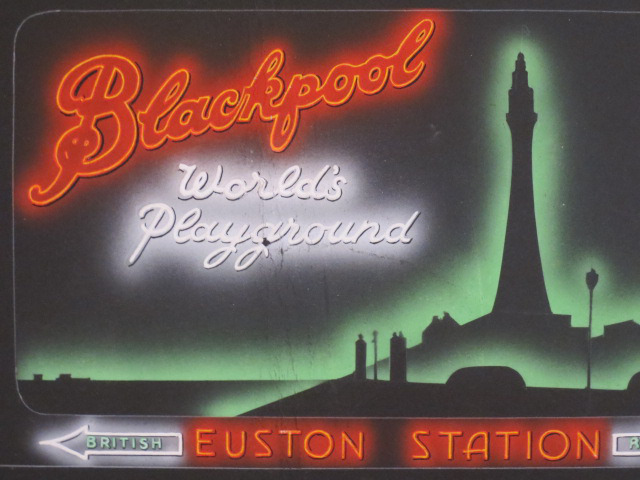 I am so very lucky to be able to get involved with such a wide variety of projects. In each one I love to find out about new collections, artworks, exhibits, activities and the people behind them or indeed at the receiving end. Right now I'm writing a resource pack for Curious Minds which looks at how local heritage can be used to work with schools towards an area based curriculum. The resource will include several case studies, one of which features Blackpool Illuminations. It's little known that the Illuminations have a historic archive, or that they are all designed and made in Blackpool itself, at a design and manufacture depot called Lightworks. You might like to read this excellent page about where the magic happens. Many images from the archive of illuminations artwork and some accompanying catalogue detail is available at the Illuminations blog right here. On occassion, Lightworks opens up for tours for special events and groups such as Heritage Open Days. A potted history of the illuminations is provided here. Further information is available here. Meanwhile, the Curious Minds resource, and another teaching resource produced by cultural team members of Blackpool council offering many ways to use the illuminations to support maths based learning - developed in close consultation with teachers, will all be available online to download as a pdf in due course. Image: Up for Promotion, copyright Blackpool Illuminations Collection 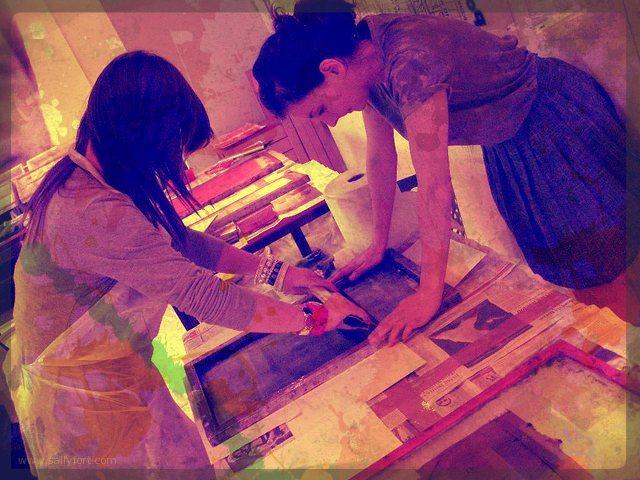 Do you have experience of working with children and young people in rural areas through arts / culture / media? I'm currently doing a small piece of research for a rural consortium who are at the start of creating a county-wide strategic approach. I'd like to provide the group with some core principles to inform the way they think about their work and some good case studies / examples of relevant activity to help them reflect and be inspired. Can you add some tips / advice based on your own experience and / or do you know of some relevant programmes, projects, policies, initiatives etc? If you could answer any of the 4 quick questions here, please do - let's hear about your experiences and top tips, thank you so much. (Survey closes 31st Dec 2014) http://bit.ly/ruralCYP |
Details
...BlogI'm most interested in how the public, your public, whoever that may be, engages with culture and creativity.
And if it nurtures creativity and develops personal, social or professional skills I'm absolutely all ears. Categories
All
Archives
May 2023
|

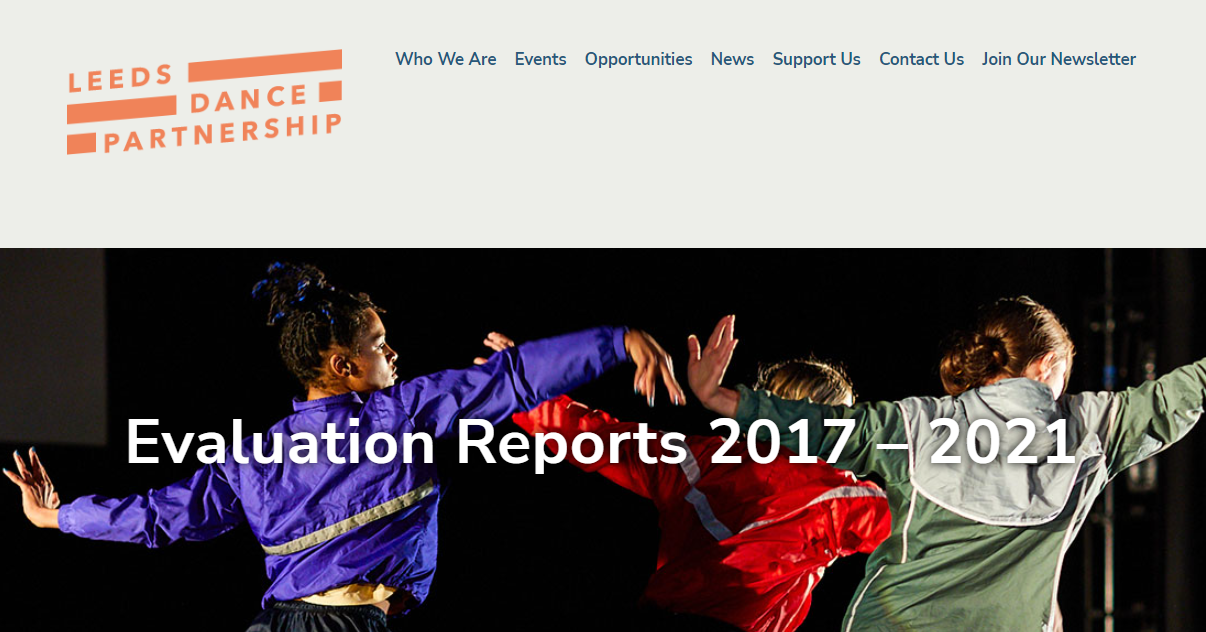
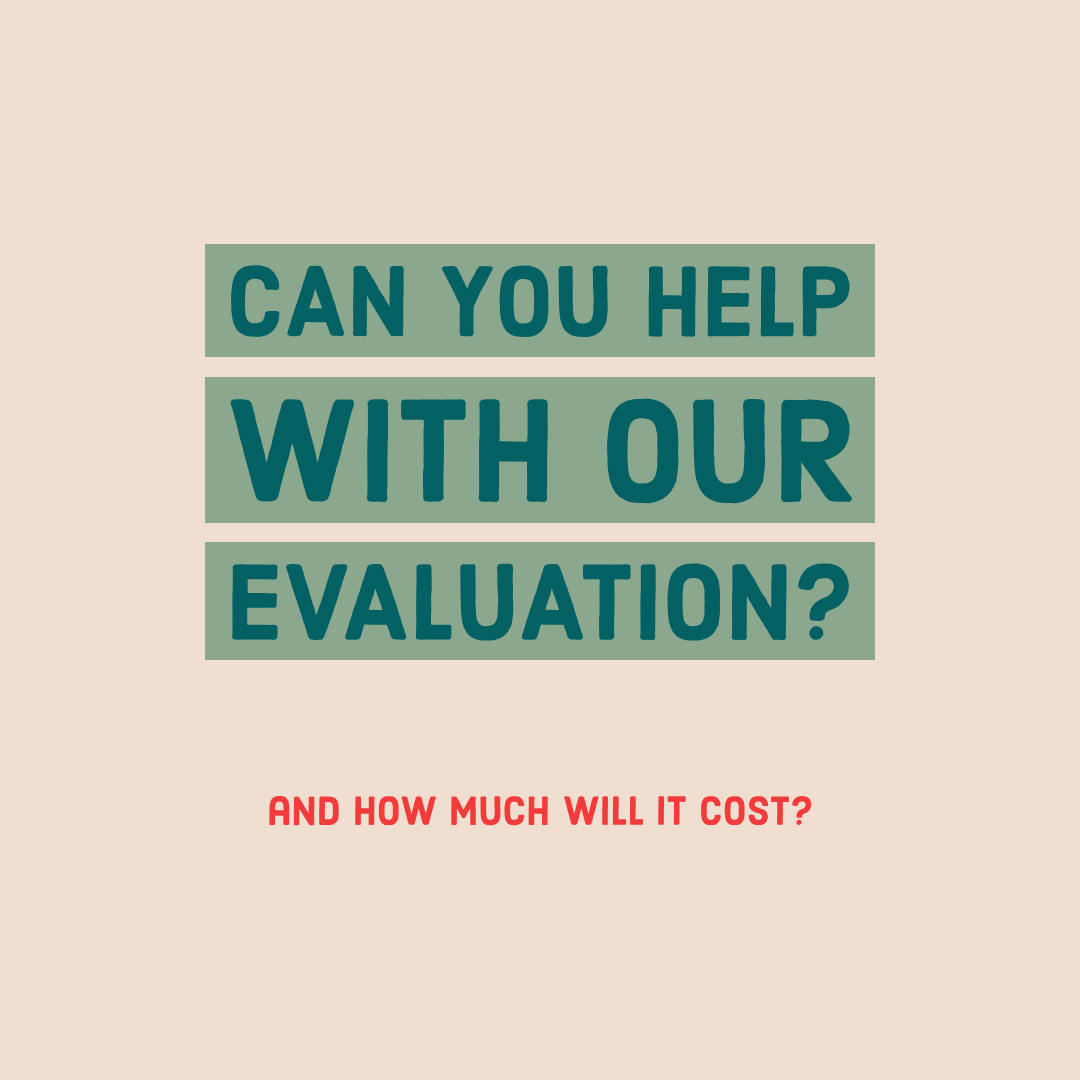
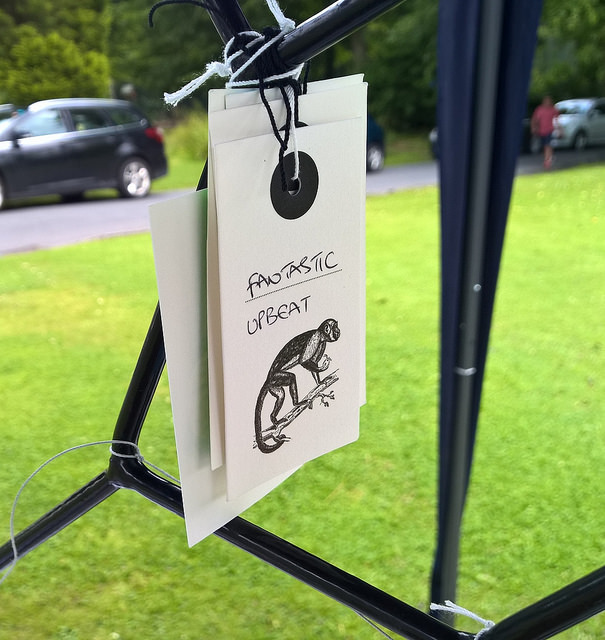


 RSS Feed
RSS Feed
